#i dont normally do posts like this but my brain has been whirring lately
Explore tagged Tumblr posts
Text
Why “Hiding in the Light” Didn’t Work: Stranger Things’ Psychospiritual Implications
Supplementary Sources: Jungian Theory & A Wrinkle In Time
Alright, buckle in. I’m running on a year’s worth of spiritual awakening, deep dives into Jungian theory and non-dualism, and my own ego’s primary coping mechanism: immersing myself in media as escapism. The purpose of this analysis is to break down the themes of non-dualism and light/darkness in ST (and maybe predict some character arcs), and also to position the narrative of ST as a psychospiritual wake-up call.
For some context: last year, I discovered the work of psychoanalyst (or philosopher, depending on who you’re talking to) Carl Jung. He had a pretty extensive theory about the human psyche that I immediately connected to the themes throughout Stranger Things, specifically Vecna’s mind control and curse. I’m going to break Jung’s theory down as succinctly as I can, and then delve into how it plays out in our favorite gay monster show.
But before I delve into Jung’s ideas, I also think it’s important to define selfhood (you’ll understand why in a minute). For the purposes of this analysis, the experience of the “self” is an illusion created by our senses, perceptions, memories, and consciousness, all of which are impermanent. Therefore, the self is what we call “conditioned.” There is no you or me, just the ideas we have of ourselves.
Now, we can get into Jung’s theory. He posited the following:
1. Every individual has a “persona” they show the world (a constructed self) to feel like they belong. Underneath this persona, everyone has a personal “shadow,” or the part of themselves they don’t want to acknowledge. This shadow is always projected onto others— every negative thought we have about someone else is a product of our own unintegrated shadow. Note: The shadow is NOT bad, it just “is.” It’s actually there to HELP us grow and integrate all the unhealed parts of us.
2. Individuals’ shadows are usually part of their unconscious, meaning most people are not aware of their shadow side or cannot bear to delve into their trauma/darkness and begin to heal it.
3. All of human consciousness is CONNECTED. This means two things. 1: There is a “collective unconsciousness” that contains the sum of all of our unintegrated trauma, and 2: We can heal our collective unconsciousness by healing our own unconsciousness.
How do we heal our own unconsciousness? By becoming AWARE of our shadow side, accepting and forgiving the conditioning that created it, and working to encourage others to do the same.
What— or rather, who— does that remind you of?
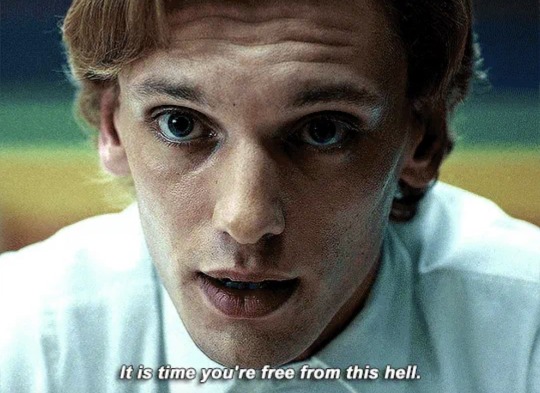
Also— great use of lighting here.
We know Vecna has direct access to his victims’ consciousness; not just their memories, cognition, and emotions, but also their awareness itself. This is how he’s able to target and trance people. But it’s not just their consciousness Vecna has access to; it’s their unconsciousness. Their shadow. Their trauma. Yes, he has psionic abilities akin to El’s, but as far as we know, El can’t access the collective unconsciousness like Vecna can. She is only capable of “remote viewing” via the void or piggybacking into people’s minds. So why is Vecna capable of this?
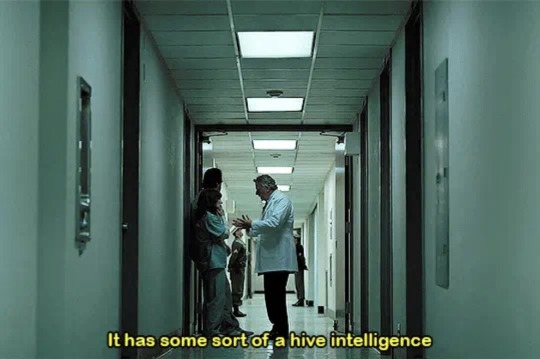
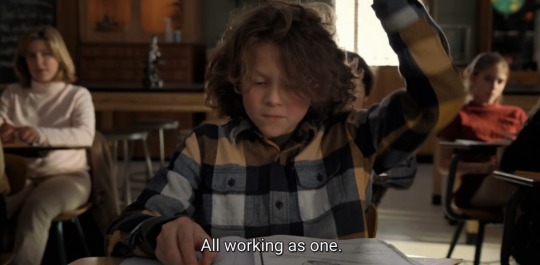
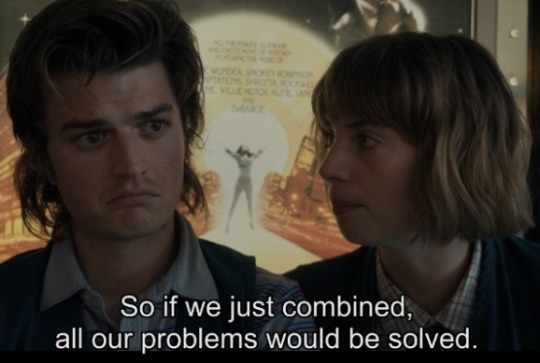
If you want my take on it: the only way to access a collective shadow would be through accessing your own shadow. So is Vecna really Henry, or his unintegrated shadow? And is either really condemnable, considering the larger themes of the show?
We see this theme of non-dualism echoed in Brenner’s NINA pep talk with El:
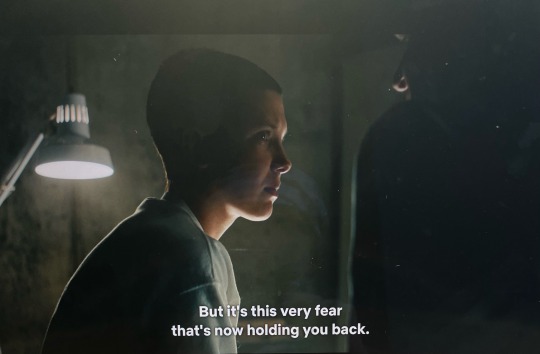
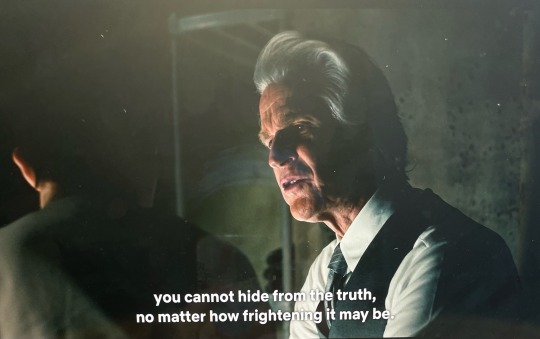
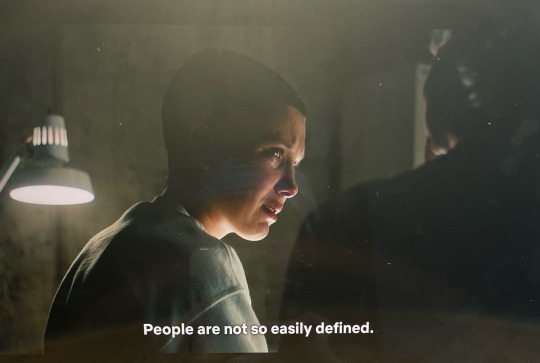
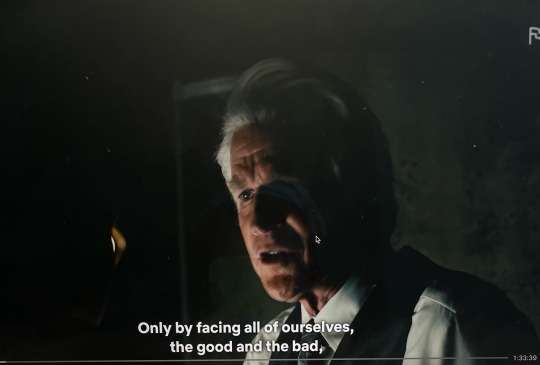
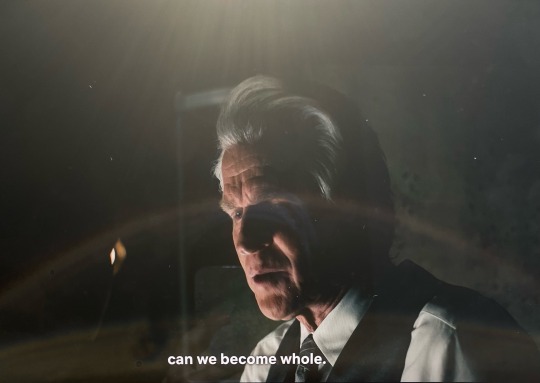
It’s fascinating to me that they’re communicating these bigger thematic ideas through the show’s “villians”— while the above conversation could be taken at surface-level as Brenner being manipulative, it’s important to acknowledge the truth of what he’s saying. NINA is only successful because El faces “the good and the bad.” This is why “hiding in the light” is a no-go for Max.
Focusing only on happy memories is a form of emotional bypassing. Throughout the show, we’ve been told time and again that hiding doesn’t work. Neither does running away. The only way out for our characters is through their own shadows.
Now, the fun part: predictions. Looking at all of this with a Jungian lens, it doesn’t make much sense to villianize a character or to end the story by “defeating evil.” In non-dual theory, there are no evil people, only unhealed ones.
We know what worked for our characters temporarily (Will in the UD, Max in her first trance, El using her powers against Vecna) was the memory and vibration of love.
This reminded me of A Wrinkle In Time, which is a science fiction novel that’s been noted more than a few times as one of Stranger Things’ primary influences. In the book, a girl and her brother travel through time to rescue their father from an alternate dimension where all beings are controlled in a hyper-individualist suburbia by a giant, all-knowing brain. The climactic “defeat” of the brain is shockingly simple, but incredible impactful— Meg, the heroine, tells it over and over that she loves it. This love ultimately brings her father and brother out of trances they are in, and they’re able to remember her and travel back home.
(Tangent: And God. The implications of that, outside of analyzing ST, are powerful. How do we live in a capitalist hellscape that is so caught up in the mind— in acheiving, obtaining, securing, protecting the ego— that many of us have forgotten our hearts? The answer is love. Loving ourselves more deeply to love all beings more deeply, “the good and the bad.” But love does not negate accountability, and it does not excuse harm.)
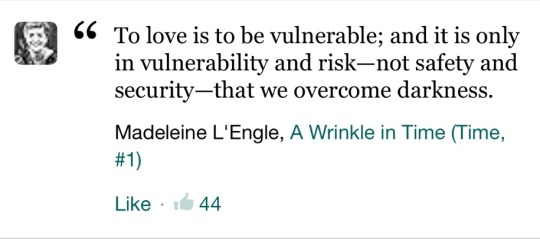
Our characters are all struggling with self-acceptance and self-love in some form or another. Each is wrestling with secrets and lies, and the desire to hide parts of themselves they think others can’t accept.
Mike is clearly struggling with self-loathing, guilt surrounding what happened to El in s1, and a crippling hero complex.
Will is also on the self-loathing train, continually self-sacrifices to his own detriment, and is hiding his identity out of fear (not at all villifying that, just for the record.)
El struggled to reconcile her abilities and forced weaponization with her identity outside of the lab pre-s4.
Max was suicidal and had a lot of self-hatred after B*lly’s death.
Nancy parallels Mike in her survivor’s guilt post-s1 and exhibits the same lack of self-preservation and self-sacrificing tendencies.
You get my point. So how will these characters overcome their trauma? Not through hiding, or running, or bypassing. Not through the light alone. Through love— acknowledgement of their own darkness, compassion for the unhealed nature of others, and commitment to being honest with themselves and their loved ones. We know Will is El and Henry’s mirror/foil and will play a central role in S5, and with all of this in mind I think it’s safe to say he will break the cycle of bypassing and hiding from trauma and pain once and for all. He won’t fight it like El, hide from it like Max, or run from it like he did as a kid.
Only by integrating their shadows can our characters become truly “themselves,” or as Brenner puts it, “whole.”
I will probably have much more to say about this after my re-read of A Wrinkle in Time, but for now, that’s all I’ve got. :) Hope everyone is doing well!
#i dont normally do posts like this but my brain has been whirring lately#stranger things#byler#mike wheeler#will byers#vecna#henry creel#st5 speculation#st analysis#stranger things analysis
203 notes
·
View notes